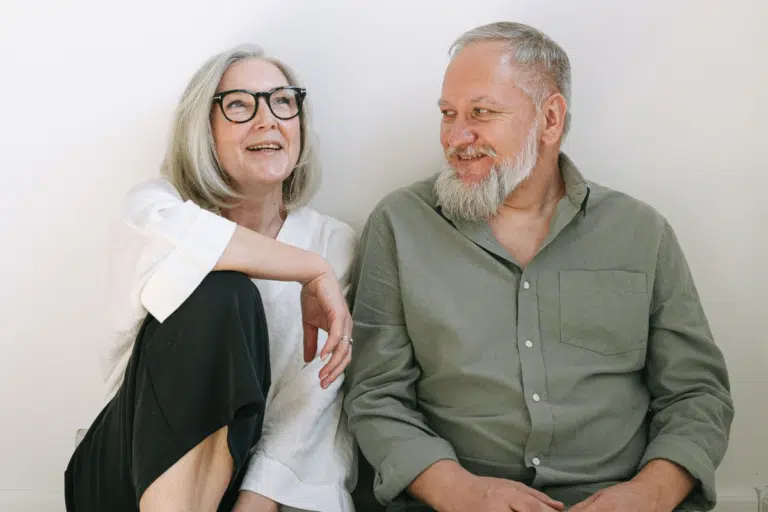Going through perimenopause and menopause can be a challenging, yet liberating time in someone’s life. It’s a period of great change and there’s no set timeline for how long someone will experience them. It can be months, years, or even up to a decade.
Anyone with a uterus can go through these changes, including transgender men, as well as non-binary, gender-diverse, and intersex people.
While most people go through perimenopause and menopause in their 40s and 50s, some people in their teens, 20s and 30s also experience it, due to medication, surgery, or health conditions.
Everyone experiences perimenopause and menopause differently, so there is no one-size-fits-all approach when it comes to support. Someone’s cultural background, socioeconomic background, age, support networks, gender identity, sexuality, health, and disability can also affect their experience – both positively and negatively.
In partnership with Women NSW, this resource offers tools, tips and conversations starters so that you can support your friend, partner or family member through this unique stage of life.
The ‘Supporting Your Loved Ones Through Perimenopause and Menopause’ factsheet explores:
- The impacts of perimenopause and menopause
- Practical ways you can support someone experiencing perimenopause and menopause
- Conversations starters to help guide discussions about menopause
- Why seeking support is really important, for your loved ones and yourself
- Where to go if you need some more advice or information.
It can be hard to know how to support someone going through this stage, especially if you haven’t been through it yourself.
But while you can’t change what someone is going through, you can be supportive and understanding as these changes occur. Remember, the right support can make all the difference.






